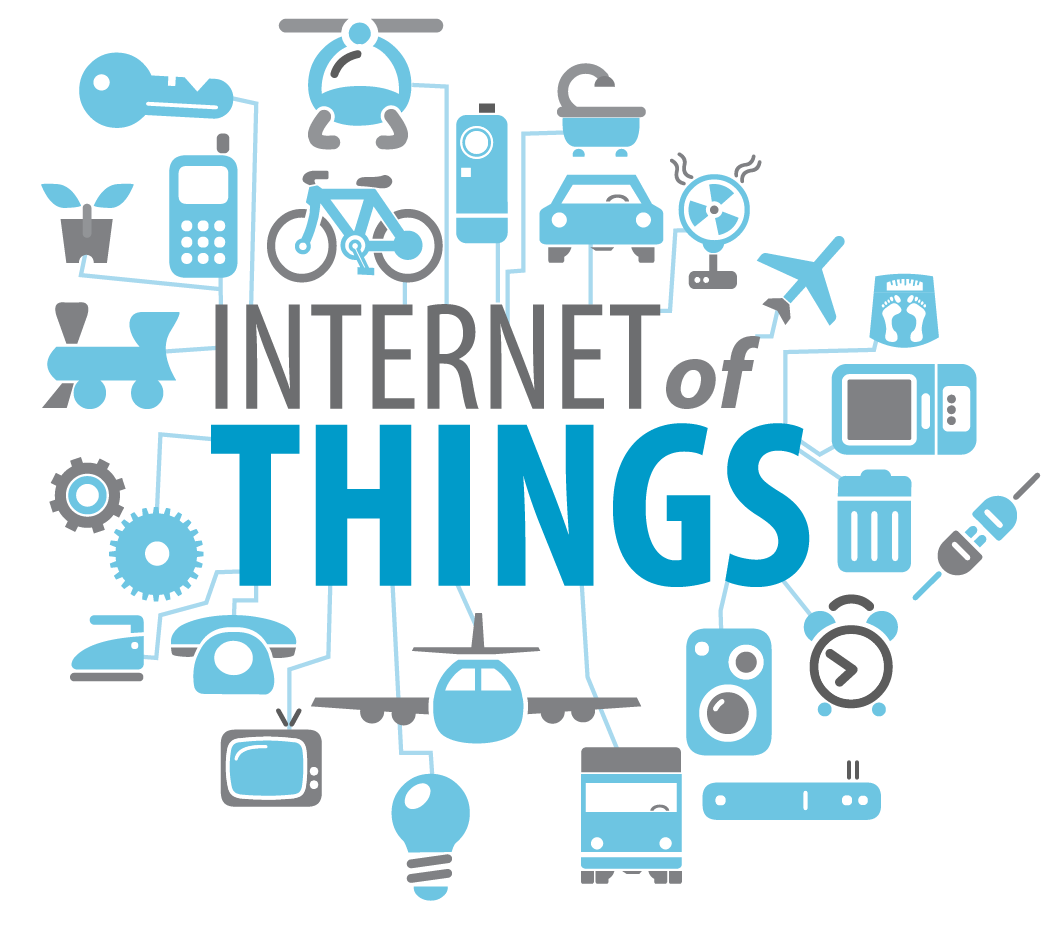David Trippany
What's Up SWFL
We are sure you have been told that blogging would be great
for your business. However it present some challenges as to time factors, what
to blog about and perhaps evening understanding what blogging is all about. So
that is where we are going to start…..at the beginning.
So perhaps you have heard of the terms blog, blogging, blog
post but are not sure what it all means. A blog is where you publish your blog
posts and blogging is the act of writing those blog posts. So a blog is a space
on your website (or even off site) where all your blog posts are located. A
blog post is a short article like content that speaks to different aspects of
your business. Blogging is the continuous process of writing and posting blog
posts on your blog. Notice we said continuous process but we will get to that a
bit later.
Blogging for your business has many benefits as to why you
would want to be doing this in the first place.
1.
It drives traffic to your website
2.
Helps turn all that traffic into leads
3.
Helps you be seen as an expert or authority in
your field
4.
Gives you content for your social media and
networking marketing.
There is also the long term benefit that your blog post(s)
will show in search engine results for a long time to come. This adds to your
online presence as well.
Convinced? So what about the time factor you ask? We hear it
all the time. I am so busy running my business that I do not have time. Like
with other aspects of your business that you make time for, this is just
another one. We recommend that you blog on a regular basis of at least once a
week. Allow yourself 1 hour a week for this. Can you make time for 1 hour? You
can also hire a blog writer to create the blog post for you.





